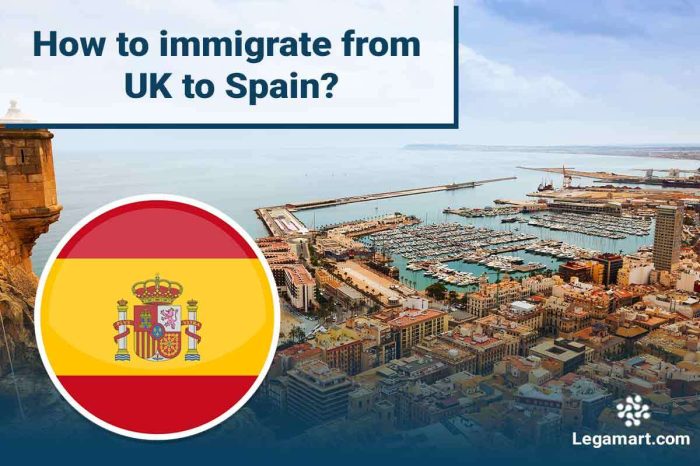Spain
We represent clients from all around the world in Spain every year. We see the globe as having no borders and are unafraid of language hurdles or time zones.
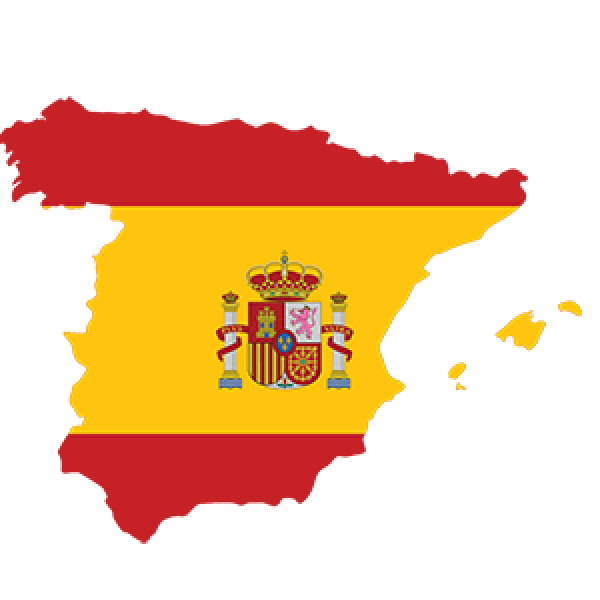
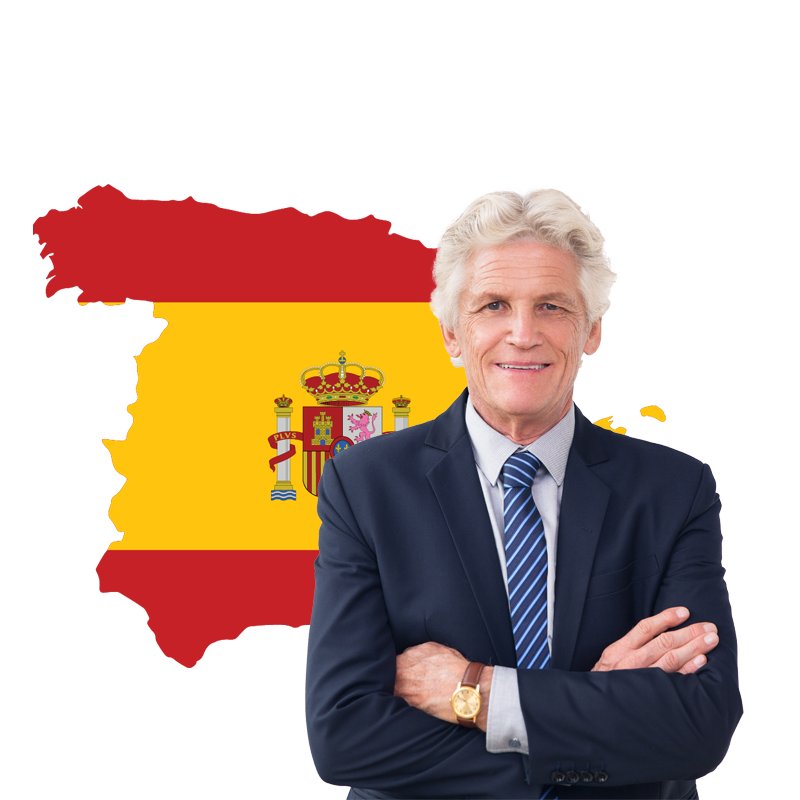
LegaMart Lawyers in Spain
Legal Industry in Spain
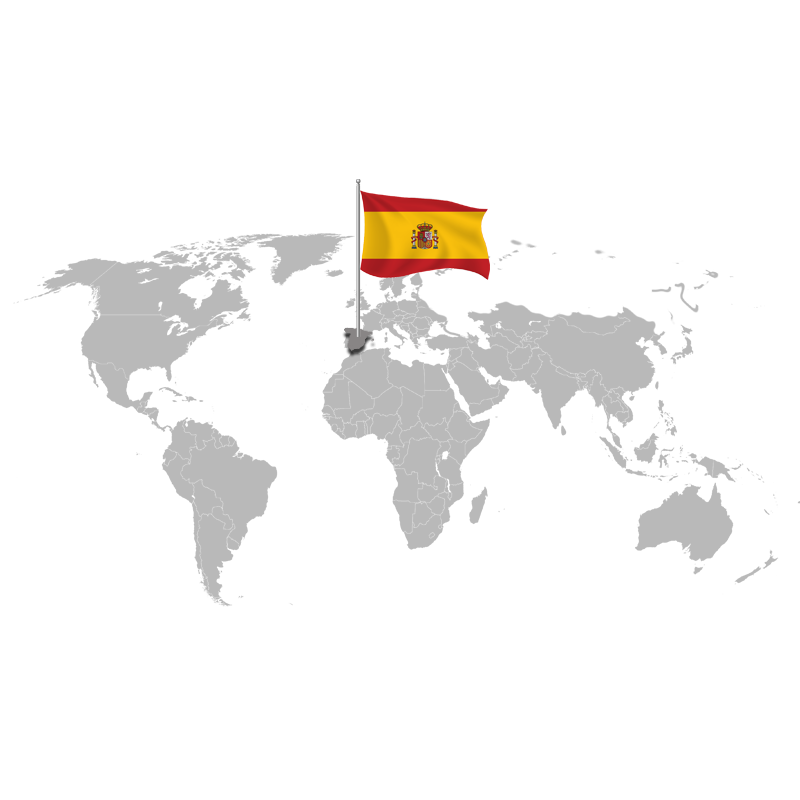
Articles about Law in Spain
Tell us more about your problem.
Please give a brief description about what it is you need to talk to our lawyers about ?
Most common legal demands in Spain
Legal Market Overview in Spain
Spain has a strong economy that is considered mixed capitalism. It is the 12th largest economy in the world and the country is known for its high standard of living and quality of life. The major industries of Spain are textiles and apparel, food and beverages, metals and metal manufactures, chemicals, shipbuilding, automobiles, machine tools, clay and refractory products, footwear, pharmaceuticals, and medical equipment. Agriculture is also important in many areas of Spain and the main products produced from that industry are grain, vegetables, olives, wine grapes, sugar beets, citrus, beef, pork, poultry, dairy products, and fish. Tourism and the related service sector is also a major part of Spain’s economy.
Spain, located in Southwest Europe on the Iberian Peninsula, joined the European Union (EU) in 1986. It is divided into 17 comunidades autónomas (autonomous communities) and two autonomous cities, with Madrid as the capital. The official language of Spain is Spanish, together with the co-official languages of certain autonomous communities within their territories. The official currency is the euro (EUR).
Gross domestic product (GDP) grew by 5.5% in 2021. A 4.1% GDP increase is estimated for 2022.
Spain’s fiscal deficit in 2021 was reduced by 6.76%. Initial estimates place the deficit in 2022 at around 5.3% of GDP
Between 2015 and 2020, the number of lawyers in Spain fluctuated slightly. In 2020, there were approximately 144,000 practing resident lawyers in Spain.
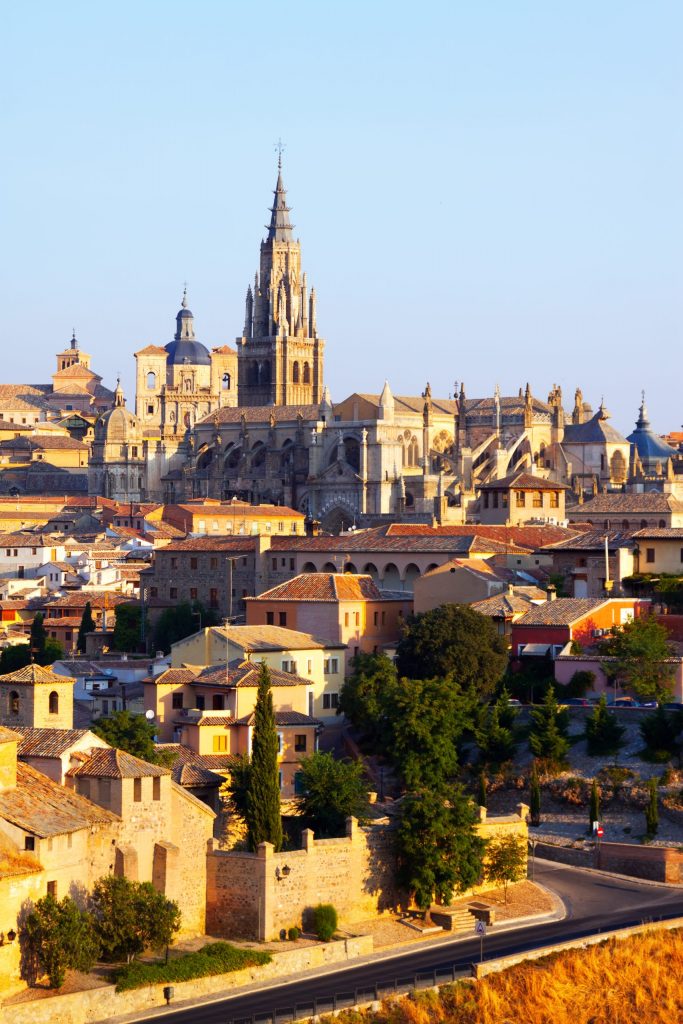
Research shows 72% of people in the Spain experienced a legal problem,72% of them knew where to access help and 49% resolved the problem.The average duration of resolving the legal problem in the Spain is 10 months and also 51% experienced a hardship.

Frequently Asked Questions
Can foreigners be married in Spain?
In Spain, it is possible to arrange civil and religious marriages between foreigners or a foreigner and a Spanish national provided you do your paperwork first. In addition, the Spanish government is working on agreements with major non-Catholic faiths in terms of accepting their religious marriage ceremonies.
How does marriage work in Spain?
Civil marriage
Couples can legally get married in Spain in a ceremony without a religious aspect. A civil wedding can take place at the Civil Registry Office (Registro Civil), District Court (Juzgado), or in the town hall where it will be performed by the Mayor or a delegated Councillor.
How is property divided in a divorce in Spain?
Spanish common law considers marriages as a sociedad de gananciales. The default application of this law is that any assets acquired through common funds during a marriage must be split 50-50.
How quick is a divorce in Spain?
There is no such as thing like a “quickie” divorce in this jurisdiction. In reality, experts say a divorce takes at least four to six months to conclude and it can be even longer if the parties have children in common, since the terms of the agreement need to be approved by the prosecutor.
How much does a divorce cost in Spain?
The costs for a divorce in Spain vary but largely will range between 700€ – 1500€ when legalisation of documents, powers of attorney and procurador costs are considered. In the case of a contentious divorce, each spouse would be looking at a starting cost of around 1000€ each plus additional costs.
What are the new rules for buying property in Spain?
There are no restrictions on buying property in Spain, whether it’s commercial, residential or land. In fact, Spain encourages investment by foreigners, both resident and non-resident. Remember that if you buy a house worth more than €500.000 you can apply for a Golden Visa.
Can foreigners own property in Spain?
Can Foreigners Buy Property in Spain? In short, yes! The Spanish government welcomes and even encourages foreign buyers in general. Though if you are specifically looking to buy a holiday let, you might need some legal help with the bureaucratic part of it











